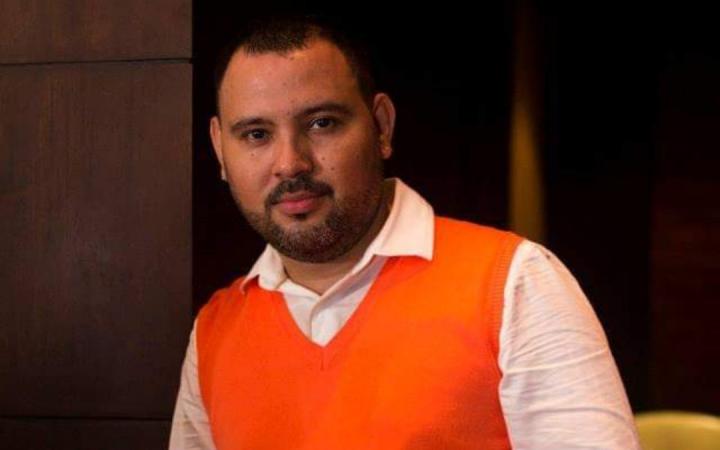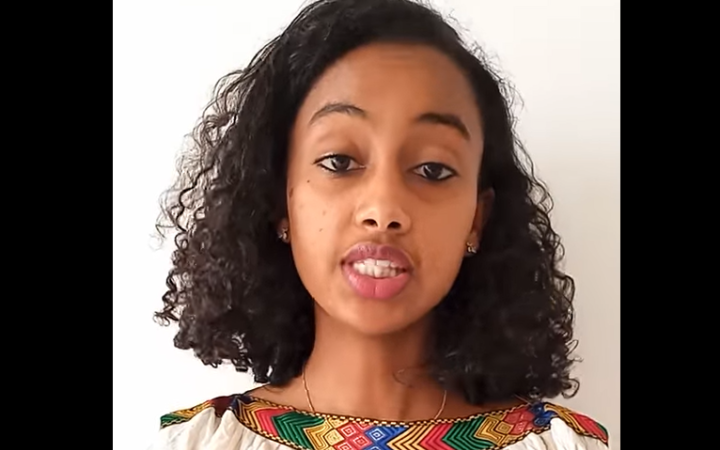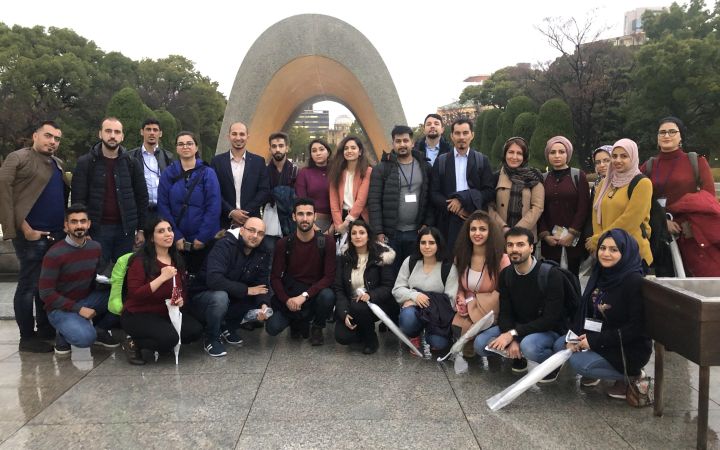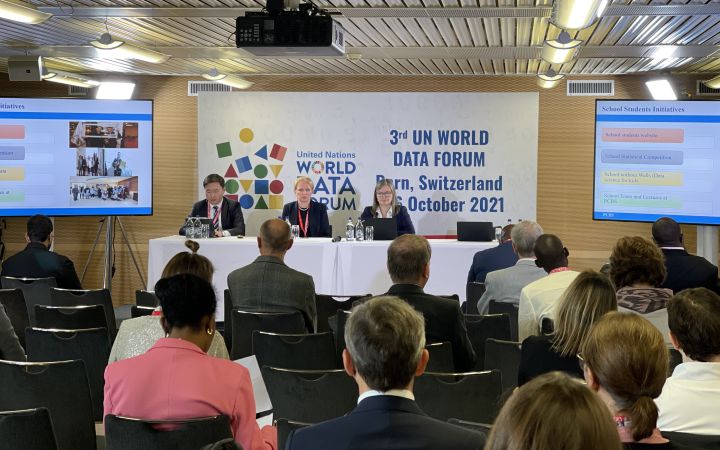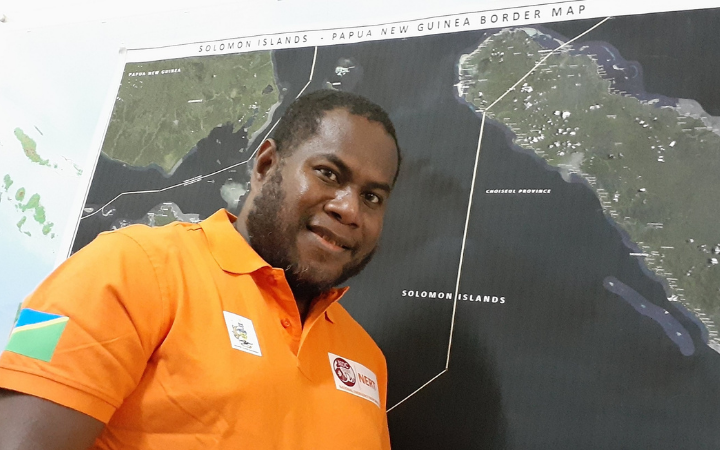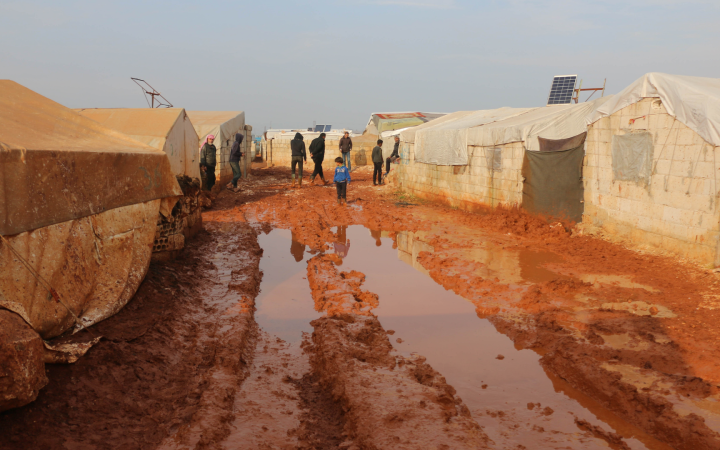Displaying 901 - 910 of 1556
26 October 2021, Geneva, Switzerland - For the second time in succession, UNITAR participated in the judging process to select the top 100 Meaningful Business leaders of the year. Meaningful Business, a global platform for leaders combining profit and purpose, has announced the 3rd edition of the Meaningful Business 100 (MB100) recognising outstanding contributions of individuals in support of the UN Global Goals, sponsored by EY.
"We developed a management model for an entrepreneurship promotion center, which took into account the elements mentioned in the course."
26 October 2021, Hiroshima, Japan - UNITAR ran its online training programme Social entrepreneurship training programme for women in the Horn of Africa from October 2020 to June 2021. 247 women entrepreneurs from Ethiopia, Kenya, Somalia and Sudan joined the programme. Participants developed entrepreneurial skills to address local needs through innovative and creative business solutions.
25 October 2021, Hiroshima, Japan - UNITAR has signed a memorandum of understanding with Sunlight (a home care brand under Unilever Kenya Limited) and Absa Bank Kenya, forming a new partnership to deliver the programme Entrepreneurship, Innovation and Leadership Training for Women Entrepreneurs in Africa.
22 October 2021, Hiroshima, Japan - Hayder Maala, alumnus of the UNITAR Iraq Fellowship Programme, believes entrepreneurship training for young people will help Iraq’s development. After attending a UNITAR training of trainers programme, Hayder started a youth development NGO and a startup incubator, and became a coach for UNITAR programmes. He is now managing the digital/frontier technologies programme for UNITAR's Division for Prosperity. Applications are being accepted for the "Leading Inclusive 4IR: Empowering Women in Iraq for the Future of Work through Digital Reskilling" programme.
21 October 2021, Geneva, Switzerland - During the 2021 World Data Forum (WDF), on the 6th of October 2021 in Bern, Switzerland, UNITAR, UN Statistics Division (UNSD) and United Nations Economic Commission for Africa (ECA) in collaboration with the Global Network of Institutions for Statistical Training (GIST), organized a hybrid session “Statistics and Data Smart: Innovative solutions for increasing statistical literacy of the general public”. Conversations focused on strategies and initiatives to improve statistical literacy of different stakeholders from children, journalists to policy-makers and business people as well as citizens at large and promote an effective use of data in support of better societies.
If the rising trend of NCDs is not addressed now, the current burden will just continue to increase and the cost of this will be felt across all aspects of health care, across government and within local communities.
21 October 2021, Hiroshima, Japan – On 15 November 2021, UNITAR is launching its 6-week online training programme Strategic Response to COVID-19 Crisis: Empowering the Sahel Region through Digital Reskilling and Upskilling to Enhance Productive Sources of Livelihood and Employment and is currently accepting applications until 10 November.
“One of the important technical backstopping we’ve received is the lockdown maps which have helped the NDMO’s camp sector committee identify potential quarantine stations.”
John Wain, Senior Emergency Shelter Officer at the United Nations High Commissioner for Refugees (UNHCR), recalled the evolution of their work and how UNOSAT supported them with satellite imagery analysis to better plan for new settlements.



